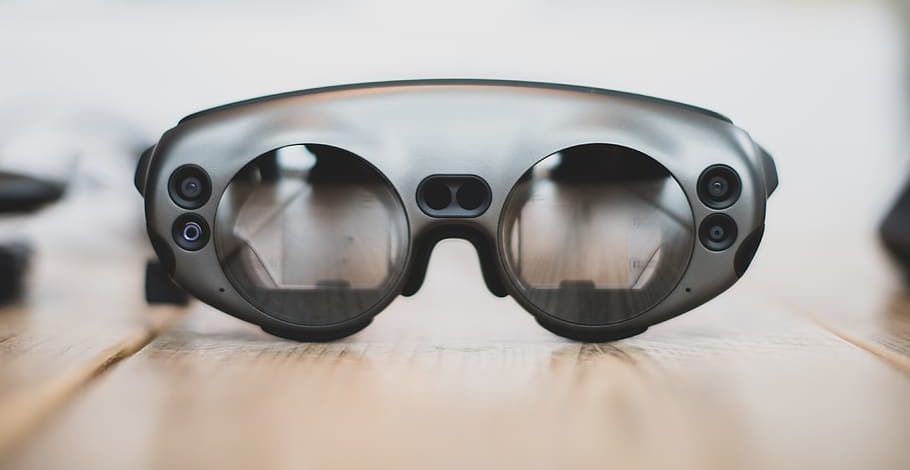Magic Leap, in the midst of a pivot after its much-hyped entertainment headset failed to catch on, debuted a new version of its augmented-reality equipment that’s designed for a new crowd — businesses including healthcare.
The Magic Leap Enterprise Suite, consisting of an updated version of its headset as well as a package of applications, will enable employees to use spatial computing to manage data, learn, and collaborate through 3D visualization and location-based experience.
The business focus follows disappointing sales of the company’s Magic Leap One Creator Edition entertainment equipment. Magic Leap’s CEO initially expected to sell a million of the entertainment headsets in the first year. Expectations were high, with the Plantation, Florida-based company having raised $3.13 billion in venture capital, according to PitchBook. However, the company sold 6,000 of the hologram-creating headset in the first six months, The Information reported last week.
“Today’s announcement heralds the arrival of a new chapter for spatial computing,” Omar Khan, Magic Leap’s chief product officer, said in a statement, adding the company sees “significant new business opportunities for all stakeholders.”
The move puts Magic Leap in competition with Google and Microsoft, which already are building AR applications for businesses. Even so, industries ranging from healthcare, banking media, investment services and manufacturing have been more receptive to AR than consumers looking for entertainment.
“Today’s announcement heralds the arrival of a new chapter for spatial computing.”
In fact, worldwide spending on AR and virtual reality will jump to $160 billion in 2023, from $16.8 billion this year, research firm IDC estimated. VC firms have invested $3.1 billion so far this year in augmented reality firms, compared with $3.6 billion last year, PitchBook said.
AR for entertainment hasn’t caught on yet because of hardware constraints related to power, field of view, and battery life, Evan Spiegel, co-founder and CEO of Snap Inc. said last month. Snap, the parent company of the Snapchat app, began selling its Spectacles 3 AR glasses last month.
Spiegel told the Wall Street Journal it may take a decade before consumers see “the beginnings of very interesting wearable computing experiences.”
- Magic Leap recruited a range of companies to help build the services and applications in the Magic Leap Enterprise Suite, including PTC, which said users of the Magic Leap product will have access to the AR capabilities of its Vuforia Engine Solution.
- Google’s Glass originally failed as an everyday consumer products, but a later version caught on as a headset that could be used to improve productivity in companies. Microsoft has a similar product, the HoloLens 2.
- Apple reportedly may unveil AR glasses in 2023, three years later than expected. The product will follow an AR headset that may come out a year earlier, CNBC said.
- Use of AR technology in education is growing and several toy companies have released AR-based products, including Play-Doh’s Touch Shape to Life Studio, which turns a child’s Play-Doh creations into interactive AR cartoons.























